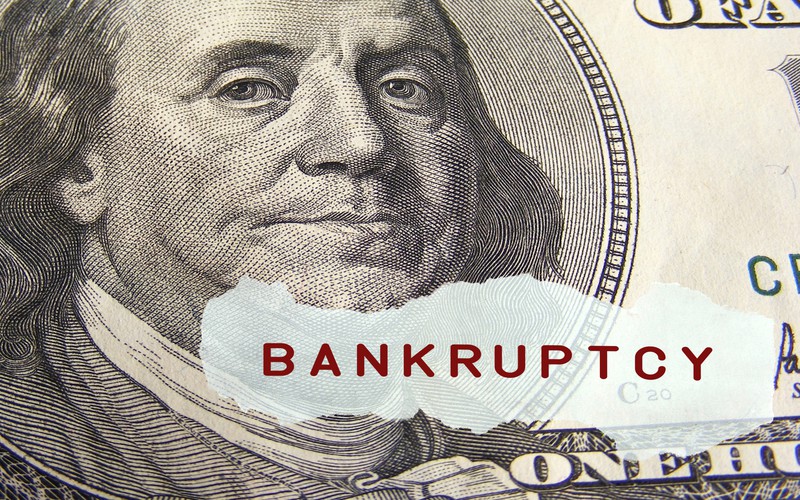
Chapter 7 bankruptcy, often called liquidation bankruptcy, is commonly chosen by individuals in Georgia struggling to meet their debt obligations. This option may be appropriate if your income is below the state median for your household size or if you qualify through the “means test,” which evaluates your financial capacity to pay off debts given your current financial situation. This blog will guide you through filing for bankruptcy Chapter 7 in Georgia.
Determining Eligibility: The Means Test
In Georgia, the means test begins with comparing your income to the median income for a household of your size in the state. For example, as of 2024, a four-person household’s median income is $112,675. If your income is less, you qualify for filing Chapter 7. If your income exceeds this, you must complete further assessments to determine if you can still file under Chapter 7, considering your expenses and debt obligations.
Mandatory Credit Counseling
Georgia law mandates a credit counseling course before you can file for Chapter 7 bankruptcy. This course can be completed online or via telephone through approved agencies. It must be completed prior to filing to ensure you understand all possible financial options and the impacts of bankruptcy.
Preparing and Filing Your Petition
Once you decide that Chapter 7 bankruptcy is the path forward, your next step is to gather all necessary financial documents. This includes tax returns, income verification, and detailed lists of debts and assets. With these documents, your bankruptcy attorney will help you complete and file for bankruptcy Chapter 7 with the appropriate Georgia bankruptcy court.
The Bankruptcy Process
Upon filing for bankruptcy, chapter 7, an automatic stay goes into effect, preventing creditors from pursuing collection actions against you. You’ll then attend a creditors’ meeting, where you’ll answer questions about your finances and bankruptcy forms. This meeting is typically brief and straightforward, lasting about 10 minutes.
Conclusion and Discharge
The entire process, from filing for bankruptcy Chapter 7 to discharge, typically takes about four to six months. Following approval by the court, your eligible debts are discharged, releasing you from liability and allowing you to start anew financially.
Need Help When Filing For Bankruptcy Chapter 7 in Georgia?
At Burrow & Associates, our experienced bankruptcy attorneys guide you every step of the way, ensuring that paperwork is correctly filed and proceedings go smoothly. Due to their complexity, the federal government recommends professional legal assistance for bankruptcy cases, so choosing the right attorney is crucial. We provide expertise and a compassionate understanding of your circumstances, standing by you in this challenging time.
If you have any questions about filing for Chapter 7 bankruptcy in Georgia, call us today for a free consultation. We have offices in the following locations:









